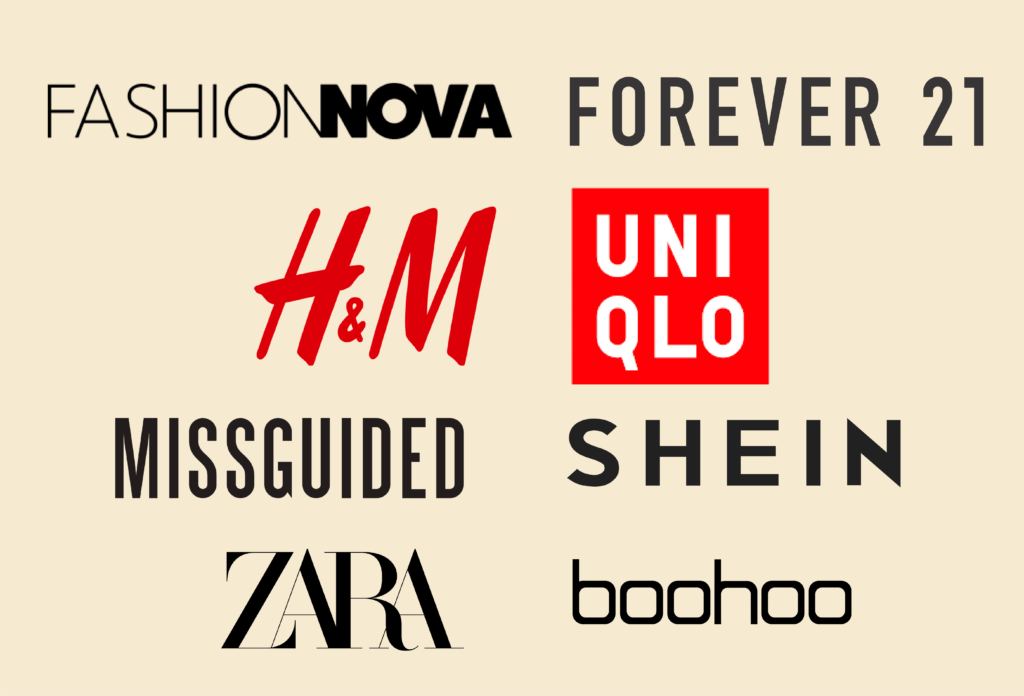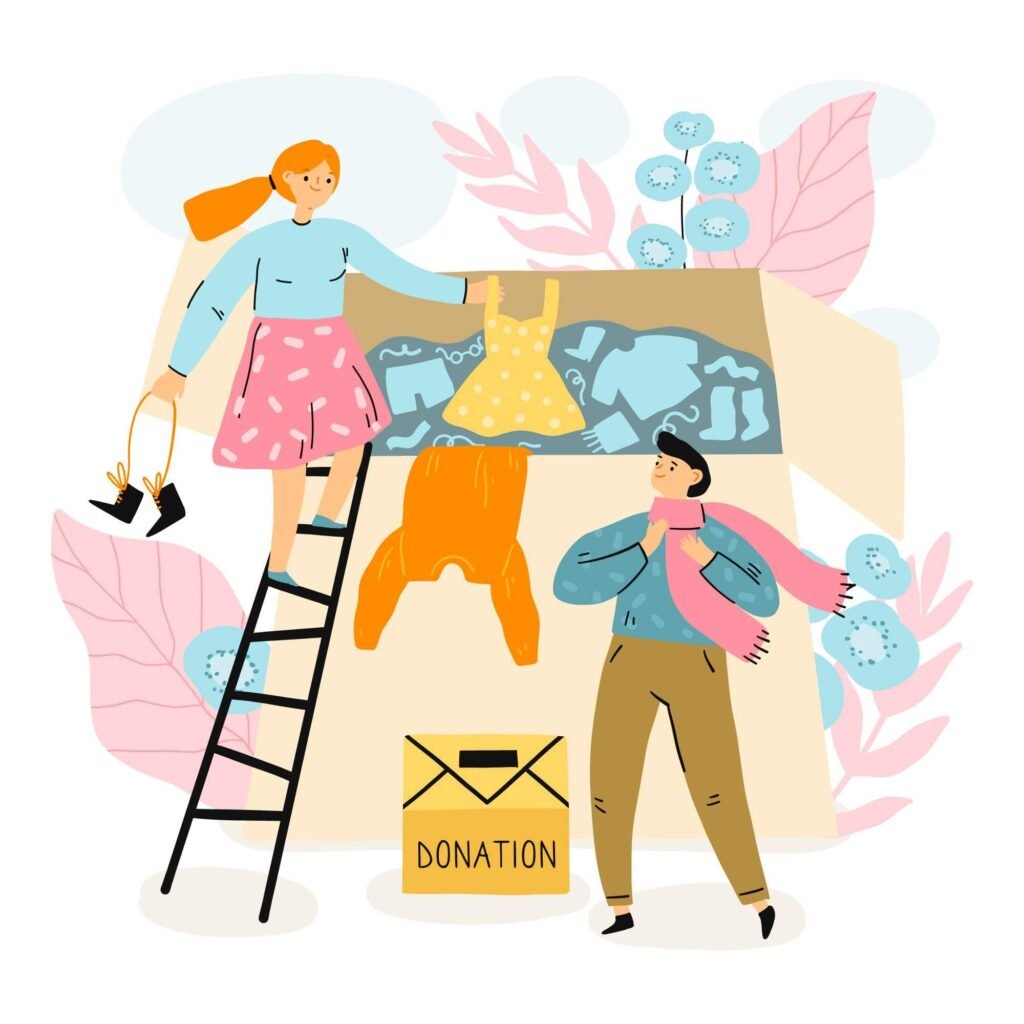Introduction
The fashion industry has long been associated with excessive waste, exploitation of labor, and harmful environmental practices. However, in recent years, a significant shift towards sustainability and ethical practices has emerged. Ethical clothing brands are at the forefront of this change, paving the way for a more responsible and environmentally conscious fashion landscape. In this article, we will explore the rise of sustainable fashion and the transformative impact ethical clothing brands are having on the industry.
1. The Environmental Impact of Conventional Fashion
Conventional fashion production processes have been responsible for a considerable environmental footprint. From the use of toxic chemicals in dyeing fabrics to massive water consumption, and the production of non-biodegradable synthetic materials, the consequences of the fashion industry on the planet have been detrimental. The rise of fast fashion, characterized by cheap, disposable clothing produced at an alarming rate, has only exacerbated these issues.
2. The Birth of Sustainable Fashion
Amid growing concerns about the fashion industry’s impact on the environment and society, sustainable fashion emerged as a solution. Sustainable fashion aims to minimize the negative effects of clothing production by focusing on eco-friendly materials, ethical sourcing, and responsible manufacturing practices. This shift towards sustainability has been driven by both consumers’ increasing awareness and the efforts of pioneering ethical clothing brands.

3. Ethical Clothing Brands Leading the Way
Ethical clothing brands have become champions of sustainable fashion, showing that it is possible to create stylish, desirable products without compromising ethical values. These brands prioritize transparency, fair labor practices, and environmentally friendly materials throughout their supply chains. They are committed to reducing waste, water usage, and carbon emissions, while also promoting social responsibility.

4. Sustainable Materials and Practices
One of the hallmarks of ethical clothing brands is their dedication to using sustainable materials. These materials can include organic cotton, hemp, Tencel, and recycled fabrics. By utilizing renewable resources and recycling materials, these brands are reducing their reliance on resource-intensive practices that harm the environment.

In addition to materials, ethical clothing brands are adopting innovative practices such as zero-waste pattern cutting, where every piece of fabric is used to its full potential, leaving little to no waste. They are also exploring closed-loop systems, where garments can be easily recycled or upcycled at the end of their life cycle, minimizing their impact on landfills.
5. Fair Labor Practices and Empowerment
Ethical clothing brands are not only concerned with the environment but also with the welfare of the workers in their supply chains. They prioritize fair wages, safe working conditions, and workers’ rights. Many brands actively partner with NGOs and fair trade organizations to ensure their garments are made in factories that uphold ethical standards.

Moreover, some ethical clothing brands empower local communities by employing skilled artisans, preserving traditional craftsmanship, and supporting social projects. By doing so, they contribute to sustainable development and poverty reduction in various regions.
6. Consumer Awareness and Changing Tastes
The shift towards sustainable fashion is largely driven by consumers who are increasingly mindful of their purchasing choices. Millennials and Gen Z, in particular, are leading this charge, demanding transparency and accountability from the brands they support. They are opting for quality over quantity, valuing timeless pieces that align with their values.
Conclusion
The rise of sustainable fashion and the growing influence of ethical clothing brands signal a positive transformation in the fashion industry. By embracing sustainable materials, ethical practices, and social responsibility, these brands are setting a new standard for the future of fashion. As consumers continue to prioritize sustainability, the demand for ethical clothing brands will likely grow, prompting other fashion companies to adopt more responsible practices. With this momentum, the fashion industry has the potential to become a driving force for positive change, fostering a more conscious and eco-friendly global community.
